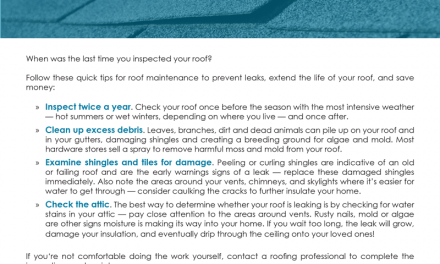For decades, Americans were drawn to the Golden State’s year-round pleasant climate, world-class education system and desirable jobs market. That draw seemed to dull as California’s population declined for the first time in memory in 2020, falling 0.46% from the prior year, according to the California Department of Finance (DOF).
As real estate professionals absorb the news of California’s population decline, we must ask ourselves: what’s driving the exodus? And how will it impact the housing market?
Compared to those who left, new residents who moved to California during the 2010’s were more likely to:
- have a college degree; and
- earn a higher income, according to a Public Policy Institute of California (PPIC) analysis of 2020 Census data.
In contrast, former residents who moved to other states were less educated and had lower incomes. Unsurprising, since the main reason many chose to leave the state was economic, including the impacts of jobs and housing.
In fact, earlier in 2021 one-third of PPIC survey respondents claimed to have seriously considered moving out of California due to the high cost of living.
In total, California netted 114,000 new high-income earning residents during the 2010s. It experienced a net loss of 378,000 low-income and 290,000 moderate-income earning residents, meaning it lost more than five times as many households than it gained.
Related article:
California’s population is declining – but some cities are still growing
The consequences for housing
California’s high quality of life has gradually been eclipsed by its high cost of living.
At this point, the only people with sufficient income and savings to move into California are high-income earners. Further, low- and moderate-income households are more likely to move out of the state in search of a lower cost of living.
For real estate, the consequences are two-fold.
First, the news of California’s declining population has a silver lining. That is, the high-income residents who are moving in are more likely to be homebuyers than renters. Likewise, households leaving the state are more likely to be renters, thus their exit is less impactful on the transaction fees brokers earn each year.
However, the second consequence is less positive. As long as the balance of domestic migration translates to more high-income earners moving in, prospects for home sales are good. But a state’s housing market is not built on newcomers alone. After all, even though more high-income households moved in during the 2010s, this was greatly outweighed by the number of low- and moderate-income households leaving for other states.
A healthy housing market finds support across all three tiers of housing. But California’s homeownership rate for low- and moderate-income households continues to face obstacles, which include:
- Proposition 13 or the “welcome stranger” law, which places an unequal tax burden on new homebuyers;
- a construction shortage impacting low- and mid-tier housing most significantly;
- 2020’s historic job losses, mostly occurring in low-paying industries, half of which still need to be recovered; and
- home prices that have increased faster than incomes consistently over the past decade.
California’s legislators are already attempting to tackle the housing crisis that continues to put our state’s homeownership rate at dead last. For reference, 53.9% of Californians are homeowners as of Q2 2021, compared to the U.S. average of 65.4%.
But more will need to be done to ensure our state doesn’t continue to lose its base for low- and moderate-income homeowners, lowering the ceiling on the income able to be earned by real estate professionals.
Maybe news of our declining population will spur more legislation that boosts homeownership in California — the only way to restore the Golden State’s shine.
Related article:
The votes are in: How does California’s slowing population growth impact the housing market?















You don’t miss a chance to bash Prop. 13. You just don’t get it; taxes are out of control in California in all areas except property taxes – which is only due to Prop 13! Let it rest…